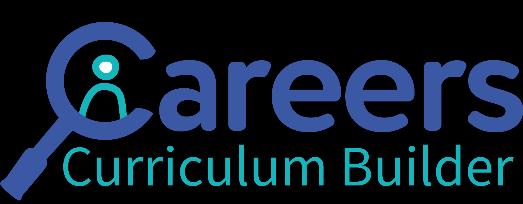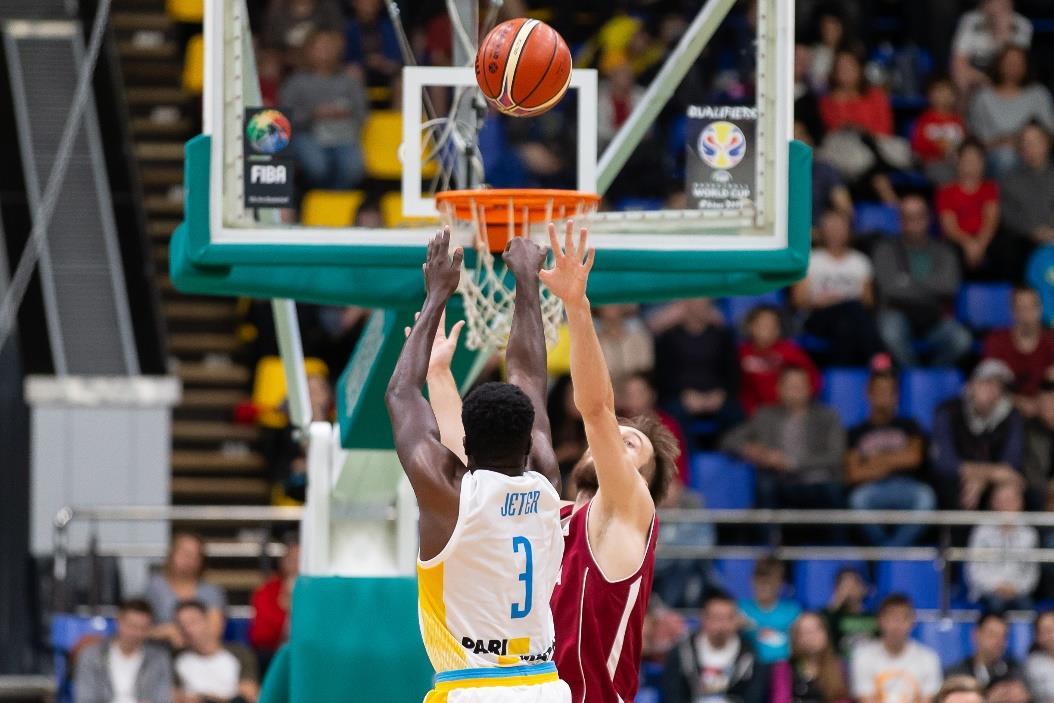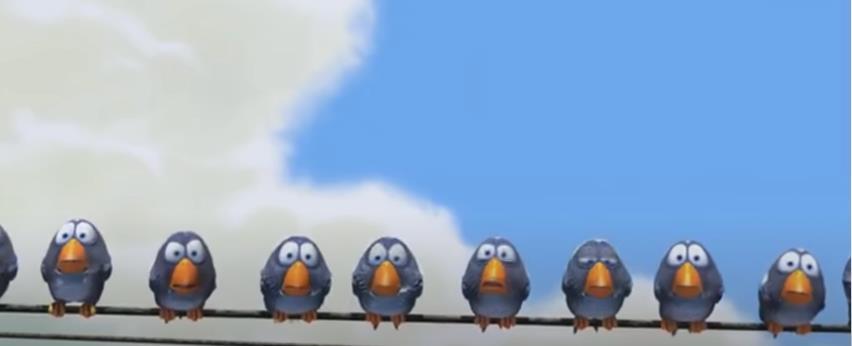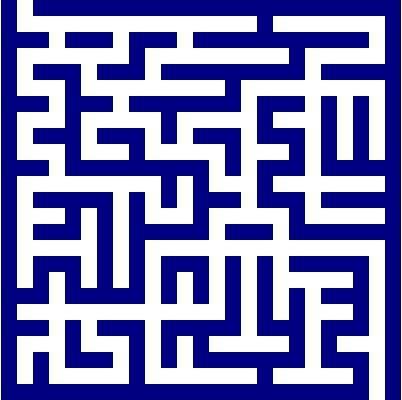Teamwork


 Careers Curriculum Builder: Teamwork
Careers Curriculum Builder: Teamwork
Activity 1: Rate yourself before the module
To start, please turn to the first page of your workbook to rate yourself alongside the following statements:
a. Rate your knowledge on your understanding of teamwork.
b. Rate your confidence when working as a team.
c. How would you rate yourself as a team player?
Careers Curriculum Builder: Teamwork
Aims of this module
This module aims to illustrate how teamwork is built into different careers and industries, and to break down the different elements of teamwork.
We’ll be covering:
• What is teamwork?
• What are teamwork skills?
• Understanding what teamwork skills mean in practice
• Understanding when/how teamwork skills are used effectively
• Putting your skills to the test!
• How and why teamwork is important for careers
Careers Curriculum Builder: Teamwork
Outcomes of the unit
By the end of this module you will have a better understanding of what teamwork is and be able to define it clearly. You will know what is meant by teamwork skills and how teamwork is used in different career industries – some more than others – and be able to apply your learning to careers.
Careers Curriculum Builder: Teamwork
Why teamwork?
Teamwork skills are invaluable to most careers and industries, and the learning which happens amongst teams when they work together effectively can be, in some cases vital, to achieving the desired outcome.
In this module, you will come across a variety of different types of careers and industries. Some you may know and others you might not. This is a great opportunity to develop your learning, so if there is anything you haven’t heard of before, raise your hand and ask!
Careers Curriculum Builder: Teamwork
What is teamwork?
Have a think for 2 minutes
What is teamwork?
Can you identify examples of when teamwork has been successful?
Can you recall examples of when teamwork hasn’t worked well?
Careers Curriculum Builder: Teamwork
Activity 2: What does teamwork look like?
2a: In your workbook, draw what you think teamwork looks like…
2b: Explain why your drawing demonstrates teamwork.
Careers Curriculum Builder: Teamwork
Careers Curriculum Builder: Teamwork
Did you draw something like this?


‘Talent wins games, but teamwork and intelligence win championships.’
- Michael Jordan

Careers Curriculum Builder: Teamwork

Is this a good image of successful teamwork?
What do you think?
Careers Curriculum Builder: Teamwork
Careers Curriculum Builder: Teamwork
Good and Bad Teamwork

Teamwork Skills
• Communication
• Time management
• Problem-solving
• Listening
• Critical thinking
• Collaboration
• Leadership
Careers Curriculum Builder: Teamwork
Teamwork Skills - Communication
For your next activity, communication skills are going to be key! Let’s have a look.
The seven Cs…communication needs to be:
• Clear (well thought through)
• Concise (giving a lot of information clearly and in a few words)
• Concrete (specific, definite rather than vague or general)
• Correct (true)
• Coherent (organised and logical)
• Complete (without missing information)
• Courteous (polite and respectful) Communication
Careers Curriculum Builder: Teamwork
Activity 3a: Using Teamwork
Using teamwork with a partner
Partner 1 (Listener)
Pick up a pencil, close your eyes and follow the instructions communicated by partner 2.

If you have time, please swap roles.
Partner 2 (Instructor)
Using only your voice, give instructions to partner 1 to guide them through the maze.
Careers Curriculum Builder: Teamwork
Teamwork
Student Workbook

Activity 1: Rate yourself before the module
a. Rate your understanding of teamwork.
b. Rate your confidence when working as a team.
c. How would you rate yourself as a team player?

Name: 1
1 2 3 4 5 6 7 8 9 10
1 2 3 4 5 6 7 8 9 10
1 2 3 4 5 6 7 8 9 10
Date:
Activity
2: What does teamwork look like?
a. Draw what you think teamwork looks like.
b. Why does this show teamwork?

2
Activity 3a: Using teamwork
Partner 1 (Listener): pick up a pencil, close your eyes and follow the instructions given by partner 2.
Partner 2 (Instructor): using only your voice, give instructions to guide your partner through the maze.
If you have time, swap roles.

3
Activity
3b: What other skills did you use?
Tick which skills each person identified in the table below.
Skills Partner 1 (Listener) Partner 2 (Instructor)
Communication
Time management
Problem-solving
Listening
Critical thinking
Collaboration
Leadership
Activity 3c: Reflecting on your role
My role was...
The skills I used were important to my role because…
If somebody undertook this role and didn’t have these skills they may not be as successful because…
What went well and why? What didn’t work so well and why? If you were to do this task again, what would you do differently?

4
Activity 4: Critical thinking - unjumble the words
Draft your ideas in the space below.
Jumbled word
My guess tobflaol atem
sebuinss
yiltairm
scotord
noroallcobati
psstro
sondissicu
votetidam
gnpanlin
nginlseit
slodsier
rafi

5

Teamwork Overview
This module of work has been designed for students in KS3, ideally in Y7/8 (guided delivery time of 2-3 hours). The sessions have been written to help young people begin to think about the teamwork, which happens around them, or that they might be involved in themselves but not really have a self-awareness of this. The first session is much more generic in terms of describing what teamwork is, asking them to identify and recall times when teamwork has resulted in a positive outcome and times when teamwork hasn’t gone so well. Students will learn what teamwork skills are and have the opportunity to practise these with a partner. It slowly introduces careers and how, many industries (some more than others) totally depend on teamwork. In session two, students dive deeper into establishing the link between teamwork and careers, and begin to understand more about good working relationships.
Module Learning Aims
This module aims to illustrate how teamwork is built into different careers and industries, and to break down the different elements of teamwork.
Module Learning Outcomes
By the end of this module students will have a better understanding of what teamwork is and be able to define it clearly. They will know what is meant by teamwork skills and how teamwork is used in different career industries – some more than others – and be able to apply your learning to careers.

Careers Curriculum Builder: Teacher guidance 1

Teamwork Overview
This module of work has been designed for students in KS3, ideally in Y7/8 (guided delivery time of 2-3 hours). The sessions have been written to help young people begin to think about the teamwork, which happens around them, or that they might be involved in themselves but not really have a self-awareness of this. The first session is much more generic in terms of describing what teamwork is, asking them to identify and recall times when teamwork has resulted in a positive outcome and times when teamwork hasn’t gone so well. Students will learn what teamwork skills are and have the opportunity to practise these with a partner. It slowly introduces careers and how, many industries (some more than others) totally depend on teamwork. In session two, students dive deeper into establishing the link between teamwork and careers, and begin to understand more about good working relationships.
Module Learning Aims
This module aims to illustrate how teamwork is built into different careers and industries, and to break down the different elements of teamwork.
Module Learning Outcomes
By the end of this module students will have a better understanding of what teamwork is and be able to define it clearly. They will know what is meant by teamwork skills and how teamwork is used in different career industries – some more than others – and be able to apply your learning to careers.

Careers Curriculum Builder: Teacher guidance 1
Careers

CDI Framework Objectives
CDI Learning Area
CDI Learning Aim
Module Information
Being aware that learning, skills and qualifications are important for career. This is a thread throughout the sessions where students are provided with learning in terms of teamwork skills and will end the module with an understanding of why these skills are important for careers.
Growing throughout life
Being willing to challenge themselves and try new things. There is an activity within this module where students are asked to practice teamwork skills in pairs. This will require students to use the skills they already have around teamwork, whilst practicing new skills they may not have come across before, which could be challenging.
Explore possibilities
Being aware of the range of possible jobs. Throughout the module a variety of jobs are referred under the teamwork umbrella. Indirectly, this will raise awareness of possible job sectors which students may not have thought about previously.
Being aware of the range of different sectors and organisations where they can work. As above.

Curriculum Builder: Teacher guidance 2
Amber = Learning aim is referred to and discussed in aspects of the module
Green = Learning aim is covered in some detail throughout
Careers
CDI Learning Area CDI Learning Aim
Manage career
Create opportunities

Module Information
Imagining a range of possibilities for themselves in their career. In session two they start to apply their learning and imagine themselves in the future. They are asked to reflect on their own teamwork skills and how this might apply to their future career interests.
Learning from setbacks and challenges. This is a reflection thread throughout the module where students are asked to reflect on teamwork they’ve been involved in – both inside and outside of school – and is also built into an activity where they are to practice teamwork skills and then reflect on what went well and what could have gone better.
Developing friendships and relationships with others. This module includes a set of slides around developing good working relationships with others. There are times throughout the module where they are to pair with another students for discussion or work with them practically on a task. This helps to develop friendships within the classroom, especially if they are sat with somebody they don’t usually work with.
Developing the ability to communicate their needs and wants. When students work as a team, they learn how to best interact with others to achieve the desired outcome but also to have their thoughts, feelings and opinions heard. This

Curriculum Builder: Teacher guidance 3

CDI Learning Area CDI Learning Aim
See the big picture
Being able to identify a role model and being aware of the value of leadership.
Module Information
could also be communication for support, or to have the opportunity to have a go at something new for self-development. Throughout the module, students are provided with knowledge around being able to communicate within a team to ensure effective working, but also to be able to communicate their own needs and wants.
Leadership is another teamwork skill which is built into the module as a learning slide, but also as a class discussion which signals towards leadership and leading by example (role model)

Being aware of the relationship between career, community and society.
There should be verbal links made in the delivery of this module which raises the awareness of the relationship between teamwork, the community of your school/students geographical location and the wider society. This will encourage students to ‘see the bigger picture’ and make links that benefit teamwork skills on not just careers, but life in general.
Careers Curriculum Builder: Teacher guidance 4

Gatsby Benchmark
This module will enable secondary teachers to meet the expectations of some of the Gatsby Benchmarks.
Planning these sessions
Teachers are advised to familiarise themselves with the complete set of resources before beginning this work with their class. This will help to inform decisions about modifying slides to fit the school as some may have been left blank for these to be personalised, differentiation depending on abilities within the class and fitting activities into the timetabled time available.
Timings for some of the activities in each module are suggested but this is just rough guidance. The module should take around 2-3 hours but depending on the level of discussion may take longer and this should form part of school’s planning and preparation. The module activities encourage students to complete a range of reflection, discussion, reading and writing activities and an accompanying work book can be used to track and record response.
The module comes with a PPT with detailed slide notes and student workbook. This will enable schools to focus on personalisation of the curriculum to suit the school’s processes rather than the creation of resources from scratch.
For some of the activities, students are asked to work as a pair or group to complete some tasks; this is to promote the idea of teamwork. You may wish to think about this in advance of the sessions and to have a plan of which students will work together.

Curriculum Builder: Teacher guidance 5
Careers

Session 1 Aims
Teaching/ Learning Sequence
Activity 1: Rate yourself before the module
Starter activity
Main learning
This module aims to illustrate how teamwork is built into different careers and industries, and to break down the different elements of teamwork
Students are asked to rate themselves against a set of 3 statements around their knowledge and confidence. They will repeat this activity at the end of session 2.
Activity 2: What does teamwork look like?
This activity asks students to draw what they think teamwork looks like to get thinking early about teamwork and careers.
Activity 3A: Using teamwork
This activity is a practical activity which students do in pairs but will require their workbook to complete it. After learning about what communication skills are, they are asked to practice them in the form of a task to see how they can navigate to the end using verbal communication skills only.
Activity 3B: What other skills did you use?
Beyond communications skills, did the students use any other skills in order to achieve the task? This is a simple tick exercise in their workbook which they need to do for both partners.
Activity 3C: Reflecting on your role
Students are asked to reflect on their role – why were these skills important? What went well/not so well?
If students were to use these skills again, what learning would they take from this exercise as positives and areas for improvement?
Plenary/ Reflection
Activity 4: Critical thinking (and problem solving)
A fun activity where students reorganise the jumbled up letters to create words which link to teamwork/careers/industries which involve teamwork.

Curriculum Builder: Teacher guidance 6
Careers
Resources
PPT Student workbook Post-it notes


 Careers Curriculum Builder: Teamwork
Careers Curriculum Builder: Teamwork










